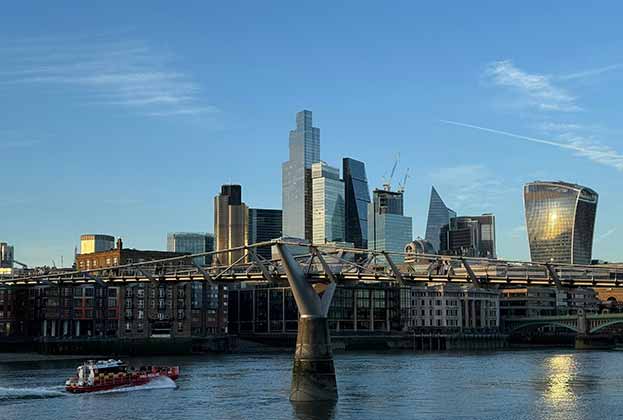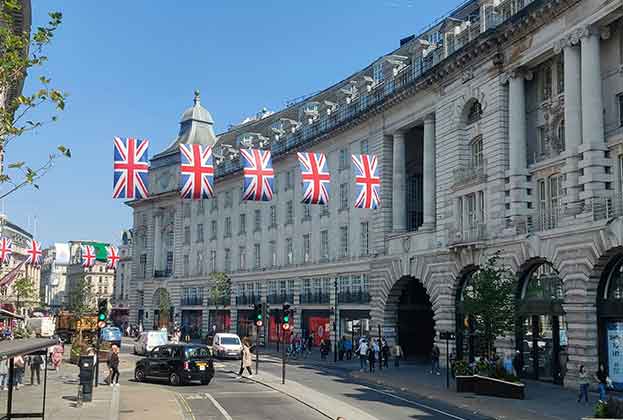Cities need to ensure they provide enough affordable workspaces to support their local start-ups, particularly in their tech and creative industries, and continue to foster national and international talent, safeguarding their long-term futures. This space may take the form of more traditional office space for those in the tech sector, or workshops, ‘maker’ spaces or studios for those in more design and manufacturing orientated roles.
But different cities around the world are taking different approaches to ensuring that such spaces are delivered. Some are repurposing empty older buildings as a sustainable and cost-effective way to increase affordable workspace, either as a permanent solution or to provide temporary space while the buildings wait to be redeveloped. Others have implemented planning polices or changed building regulations to ensure a percentage of affordable workspace is provided in new office developments (similar to measures that many have implemented to deliver more affordable residential housing), while others have provided specific new incubator hubs or space to accelerate business growth.
Below is a snapshot of how local governments in some cities around the world are tackling the challenge, adopting some of the methods above, and how some are working with the private sector:
While these steps are broadly positive, we need to see global cities continue to address the need for more affordable workspaces. Investment in social and cultural infrastructure through providing affordable workspace is even more important as cities look to ‘build back better’ post-Covid-19. Proactive local governments which recognise existing resources and create mechanisms to support new ideas will have a direct impact on their local areas, job creation, environment and economy.


(1).jpg)

.jpg)



.jpg)

